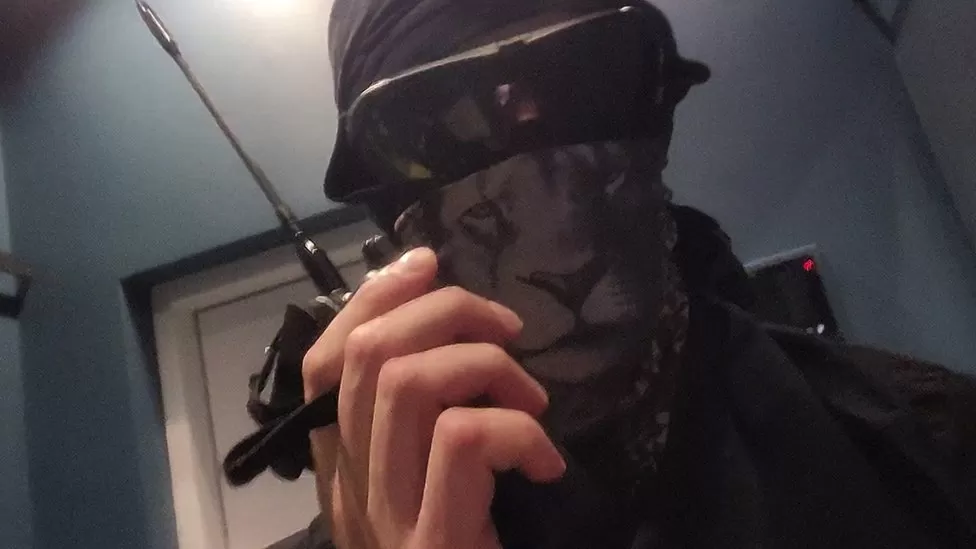Rules of engagement issued to hacktivists after chaos

Since the Ukraine invasion, an unprecedented number of people have joined patriotic cyber-gangs.
A ban on attacks on hospitals, hacking tools that spread uncontrollably, and threats that engender terror are among the eight rules.
Cyber-gangs, however, have told News they plan to ignore them. ICRC, which oversees and monitors war rules, has sent the new rules to hacking groups particularly involved in the Ukraine conflict. Hackers are also warned that their actions could endanger lives, including their own, if they are deemed legitimate military targets.
Over the past decade, there has been an increase in patriotic hacking. Pro-Syrian cyber attacks on Western media in 2013 are highlighted in the ICRC statement.
The Russian-Ukrainian conflict is accelerating the worrying trend, according to ICRC legal adviser Dr Tilman Rodenhäuser.
“Some experts consider civilian hacking to be ‘cyber-vigilantism’ and contend that their operations are unlikely to cause significant harm,” he says.
It is also urging governments to restrain hacking and enforce existing laws because some groups on both sides are large, and these ‘armies’ have disrupted… banks, companies, pharmacies, hospitals, railway networks, and civilian government services.
As a result of the Ukraine conflict, the boundaries between civilian and military hacking have blurred, with civilian groups such as the IT Army of Ukraine being set up and encouraged to attack Russian targets by the government.
There are also public services such as railway systems and banks targeted by the IT Army of Ukraine, which has 160,000 members on its Telegram channel.
